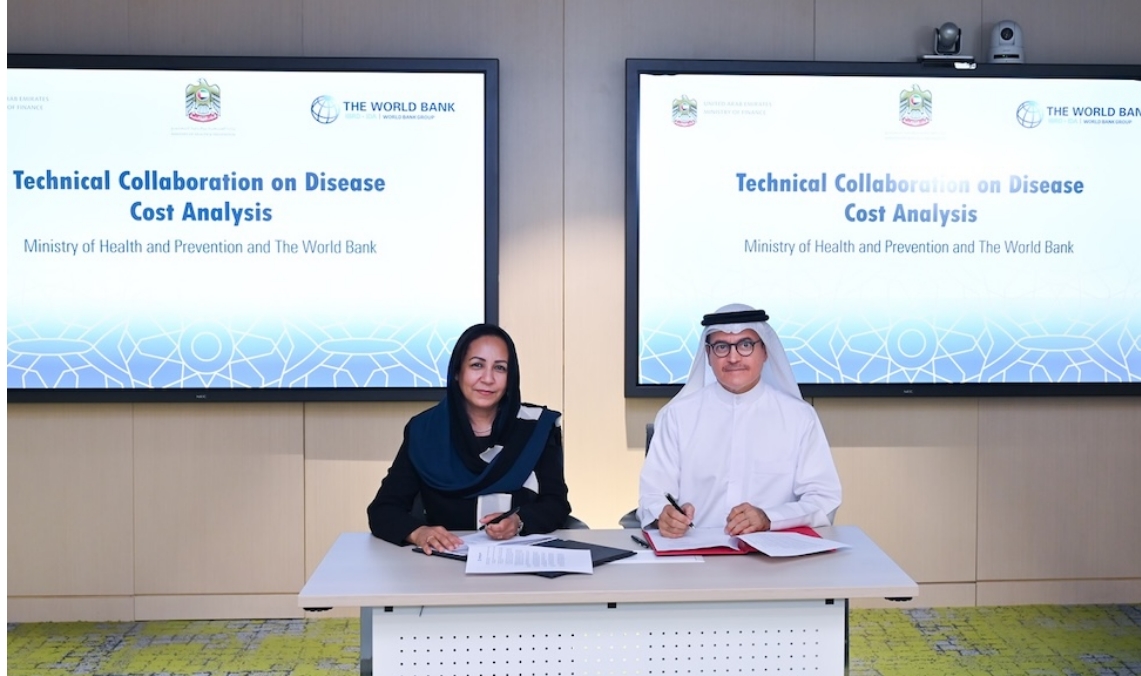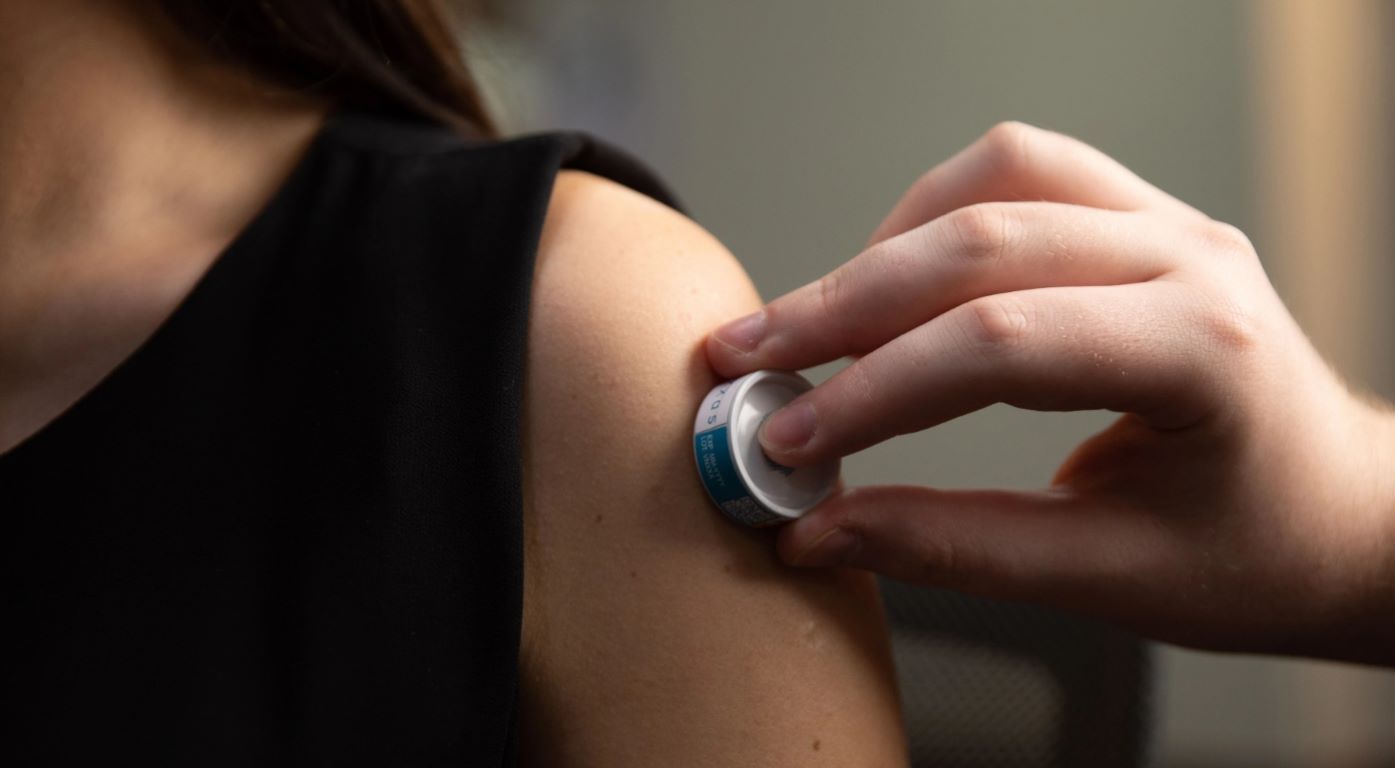Ingestible capsule X-ray dosimeter for real-time radiotherapy monitoring by Singapore
18 April 2023 | News
To benefit gastric cancer patients undergoing radiotherapy

A new invention by researchers from the National University of Singapore (NUS) could help improve the treatment of gastric cancer by enhancing the precision of radiotherapy, which is commonly used in combination with treatment options such as surgery, chemotherapy or immunotherapy.
In the field of modern radiotherapy, precision in targeting tumour tissue while minimising damage to healthy tissue is crucial. However, low efficacy and variable outcomes remain a challenge due to patient diversity, treatment uncertainty, and differences in delivery types.
To address these limitations, Prof Liu and his team developed a novel ingestible X-ray dosimeter capsule capable of measuring the dose of radiation, and physiological changes in pH and temperature in real time during gastrointestinal radiotherapy.
When the capsule is ingested and reaches the gastrointestinal tract, the nanoscintillators will exhibit heightened luminescence in the presence of increased X-ray radiation. A sensor within the capsule measures the glow from the nanoscintillators to determine the radiation delivered to the targeted area.
The capsule dosimeter measures 18mm in length and 7mm in width, a common size used for supplements and medicines, and costs S$50 to produce. Currently designed to monitor radiotherapy dose for gastric cancer, it could also be used to monitor treatment in different malignancies with further customisations to the capsule’s size.
The research team is working to bring their innovation towards clinical application. Further research includes identifying the capsule's position and posture after ingestion, developing a robust positioning system to anchor the capsule at the intended target site, and further calibrating the accuracy of the ingestible dosimeters for safe and effective clinical use.











